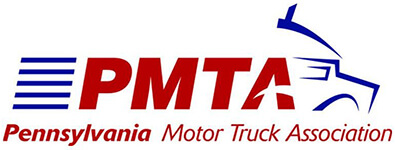Commonwealth Court to Hear Arguments in PMTA’s Lawsuit Against DEP
With the help of the attorneys at Pacific Legal Foundation, PMTA and several members are fighting to invalidate Pennsylvania regulations that automatically incorporate heavy-diesel emission standards and warranty requirements whenever California changes its standards.
PMTA's attorneys have argued that this “rolling incorporation” of California law, which has become more problematic in recent years as CA requirements become more strict, violates separation of powers. This is because it cedes the power to make law to bureaucrats in California’s Air Resource Board (CARB), who are not accountable to the people of PA. Further, this “rolling incorporation” violates the Pennsylvania Documents Law, which ensures that Pennsylvanians—in this case, trucking businesses affected by the law—should have an opportunity to comment and raise objections before the Department of Environmental Protection (DEP) begins enforcing new standards.
At issue in Peters Brothers Inc. v. PA DEP are newly effective CA regulations that require increasingly more stringent emission standards for heavy diesel engines over the coming years; in addition, those regulations require more costly warranty requirements when buying new trucks—regardless of whether the buyer wants extended coverage. The Environmental Quality Board (EQB) and the DEP have responded by acknowledging that those CA standards were incorporated into PA law when finalized by CA officials; however, they defend this rolling incorporation on the view that no one can sue unless and until DEP decides to begin enforcing these new standards.
But, as PMTA argues, DEP’s short-term decision to pause enforcement is not a bar to its lawsuit. By its own terms, DEP’s notice of suspension of enforcement will expire on January 2, 2026. In any event, PMTA's attorneys are arguing that this lawsuit can move forward because the Pennsylvania Air Pollution Control Act authorizes citizen lawsuits against any company that is violating EQB regulations—regardless of whether DEP is enforcing or not. The Commonwealth Court is set to hear arguments on whether this case can move forward on June 3, 2024 in Philadelphia.
